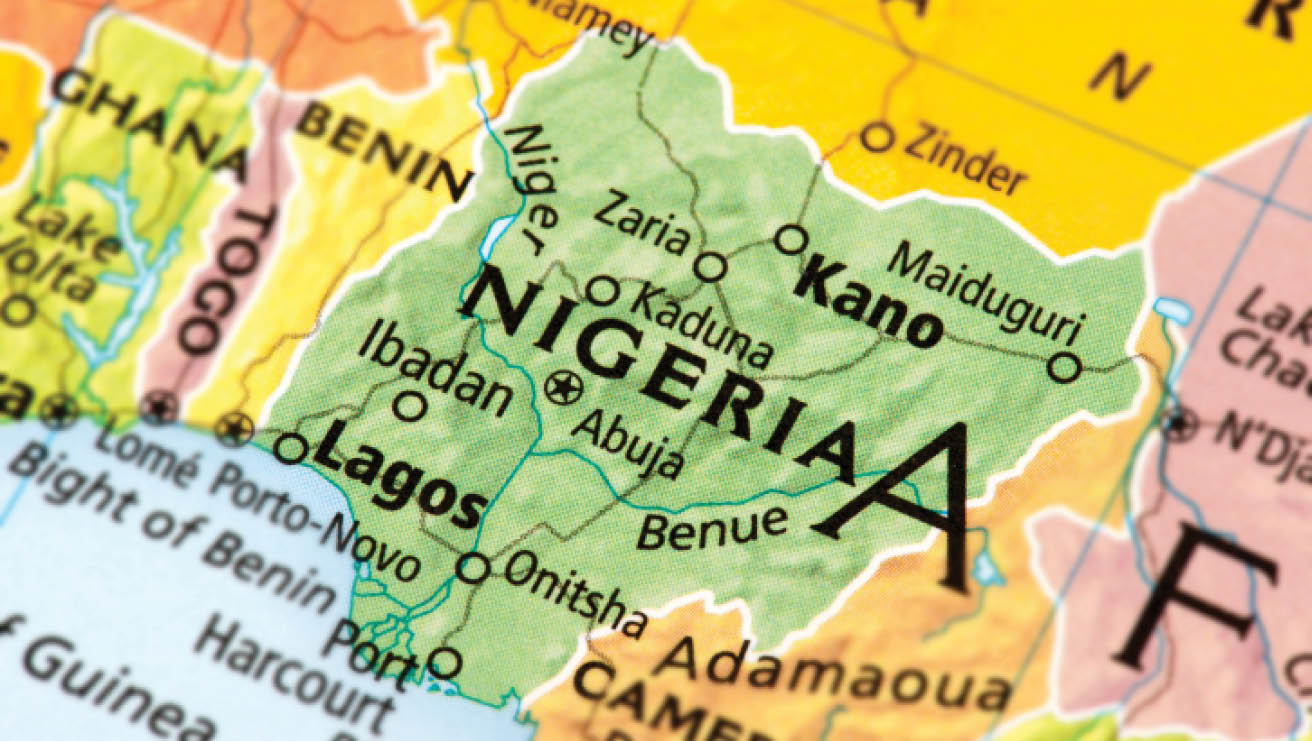Demand for 31 states verdict on governance, invitation to fiscal disaster
The startling revelation that Nigerians have demanded as many as 31 new states should worry everyone. It is a sign that the current state system has failed to assuage the clamour for power decentralisation or devolution. Therefore, there is discontent because many feel they have been schemed out, and having “their own” states appears to […]

nigerian map
The startling revelation that Nigerians have demanded as many as 31 new states should worry everyone. It is a sign that the current state system has failed to assuage the clamour for power decentralisation or devolution. Therefore, there is discontent because many feel they have been schemed out, and having “their own” states appears to be the only solution.
The quest for more states and local government areas in the past was primarily motivated by the desire to bring power closer to the people for a more even development. The demand is still strong today, with 36 states and a Federal Capital Territory, which means that a re-examination of how we have operated this state system is urgent.
Whichever way you look at it, creating this number of new states or anything close to it is not only dangerous for the health of Nigeria, it is impossible. It will bring Nigeria to its knees. The number of states demanded is about 86 per cent of the current 36 states (let’s leave the FCT out for now). Imagine almost doubling the number of governors in the country, and doubling the number of commissioners, SPAs, and PAs!
Remember that these states will all converge at the monthly FAAC distribution in Abuja, where the federal and state governments gather to share the distributable revenue for the period. Remember also that there is no way the revenue itself would be expected to grow in proportion to this surge in the number of states. All these, in a nutshell, mean that there are indeed matters of urgent national importance to attend to, as the National Assembly members frequently declare.
For now, Nigerians probably do not have the full picture of this matter, given the information that the House of Representatives has given so far on the issue. What we know is that the number 31 is the aggregate of the demand for new states that the House Committee on Constitution Review received from the different regions of the country. “This is to inform members that the House of Representatives Committee on the Review of the Constitution of the Federal Republic of Nigeria, 1999 (as altered), has received legislative proposals for the creation of states and local governments in the following order:” a letter from the committee informed the whole House. We do know, however, that there are conditions that must be met for a new state to be created.
While creating new states and local government councils will always take the government closer to the people, a burgeoning of such administrative centres (that is what state capitals and LGA headquarters are), could deny them the real benefits of such development. It could create more state capitals, but the people could still be worse off in their new conditions. They might have new governments but without the benefit of good governance.
Ordinarily, on a scale of preferences today, the creation of this number of states should rank among the lowest challenges that any Nigerian would proffer as a solution to the challenges currently confronting the country. It is inconceivable that the creation of this number of states would be a solution to the hunger in the country. Nor will it in any way curb the high level of insecurity that has threatened even food production in a country that prides itself as the land of plenty.
If the proponents of these new states mean to take us down memory lane on the creation of states in Nigeria, that is welcome. Here is a summary: Gen. Yabuku Gowon created 12 States in 1967; Gen. Murtala Mohammed created seven additional states 1in 976; Gen. Ibrahim Babangida added 11 states between 1987 and 1991. Gen. Sani Abacha gave us six states in 1996.
It is possible that the demand for new states is being influenced by the poor performance of the governors. Reports abound in the country that show the pathetic state of the states. In many of the states the governors, who wear the toga of Executive Governor, are elevated to the status of extremely powerful figures and power brokers. They decide who gets what and who does not. They decide which sections of the state have infrastructure or key institutions located in them. It’s indeed a shame to report some of the things that the executive does in the name of governance.
In this context therefore, it is clear that the solution to Nigeria’s underdevelopment is not in more states, otherwise, we would have had it long ago as we progressed from three regions to four, to 12 states, and now 36. In some of the states, we have cases where the governor, who may hail from the northern section of the state, prefers to concentrate all development activities in his section of the state.
This breeds discontent across the state. Neglected for a long time, some sections of a state begin to clamour for their gubernatorial slots. Sometimes, this, too, is delayed or suppressed, and then agitation is raised to demand a new state.
Therefore, it is this marginalization that is driving the pressure for new states. This is where we are.
